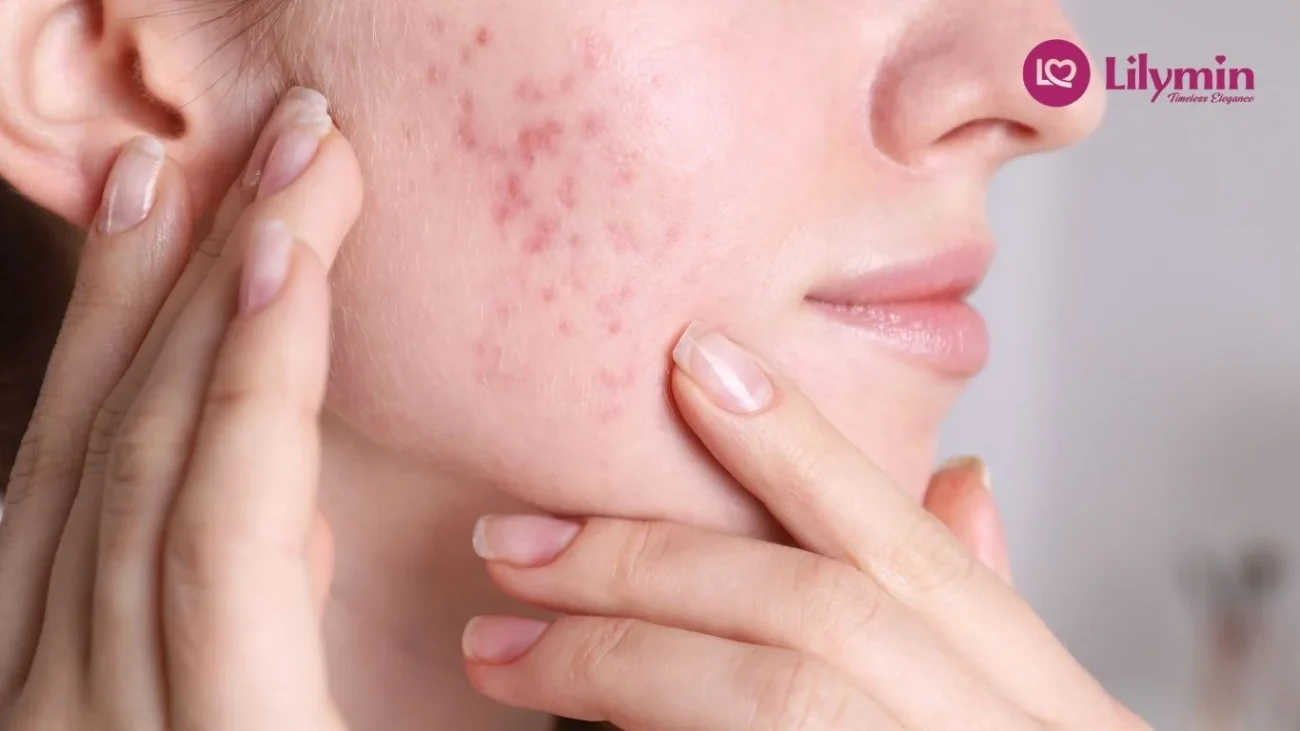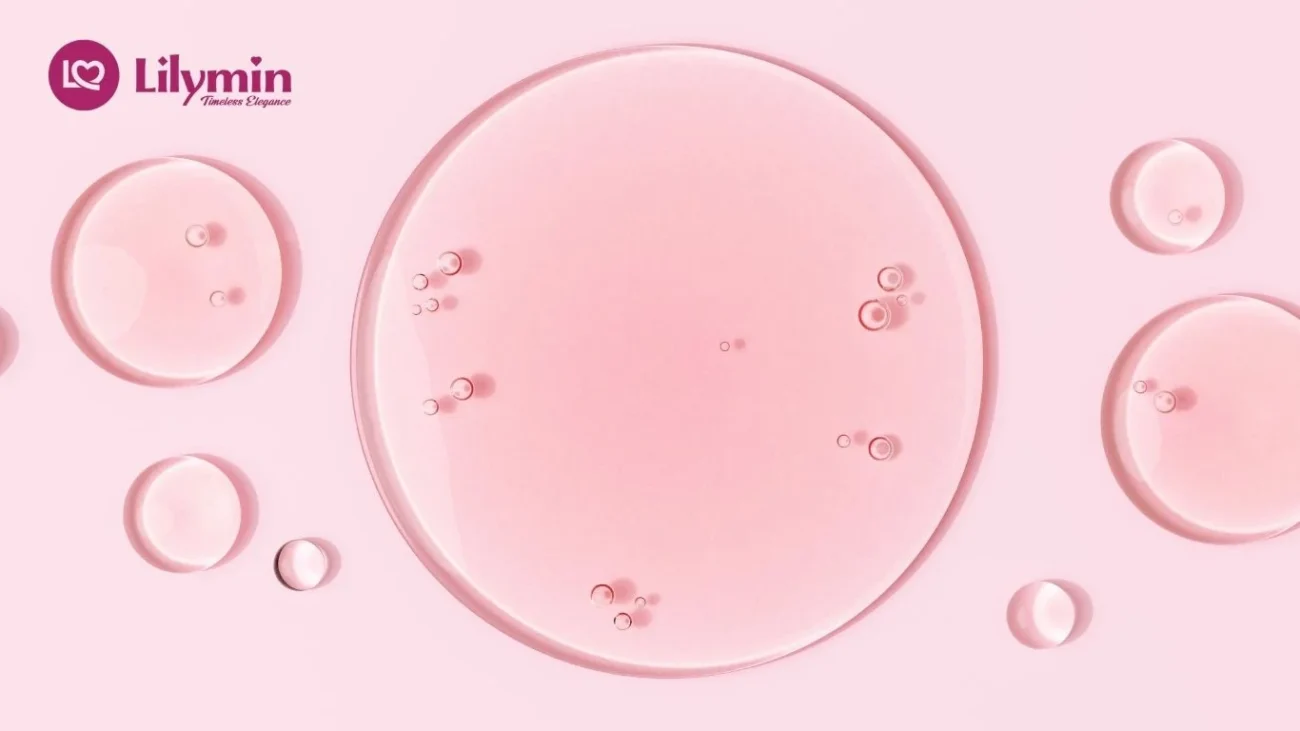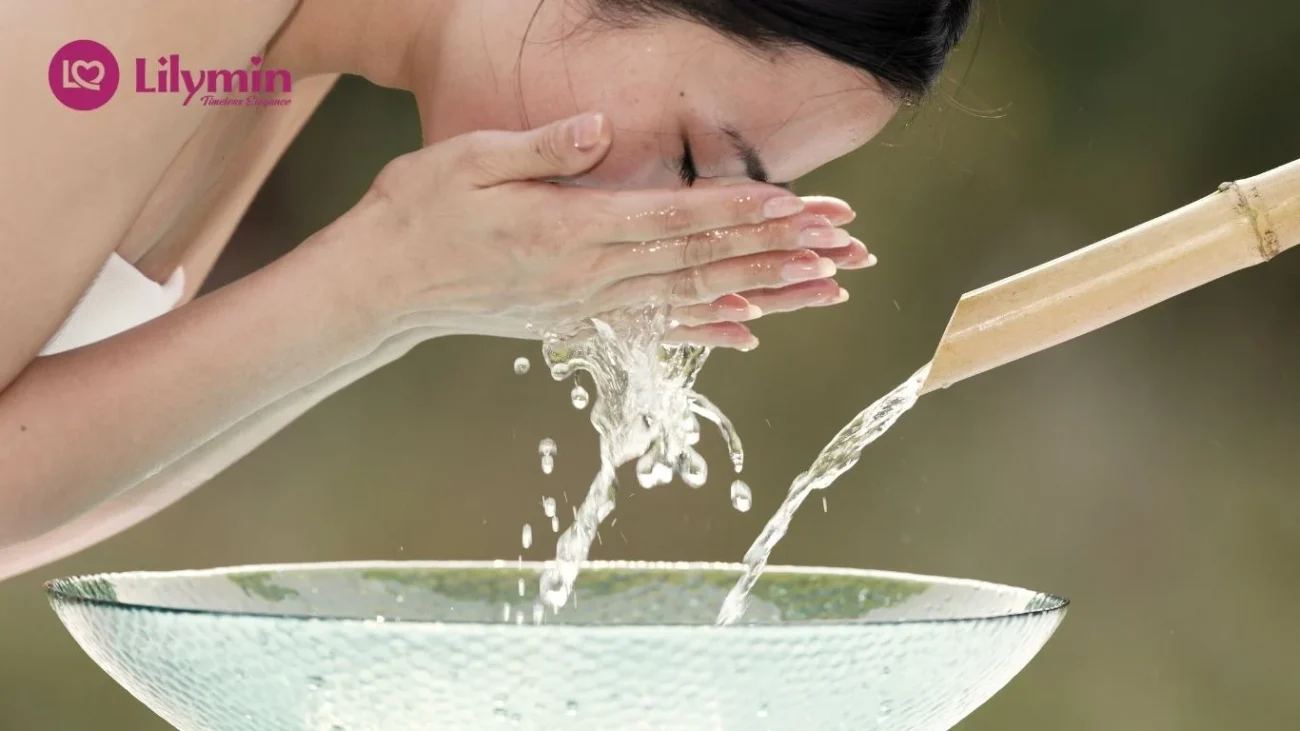Retinol Anti-Aging Guide: Everything You Need to Know for Youthful, Glowing Skin

In skincare, one ingredient stands tall in the fight against visible ageing: Retinol anti-aging solutions have become the gold standard. Known for smoothing fine lines, evening out skin tone, and encouraging cell turnover, retinol has earned its place in many beauty routines.
However, retinol isn’t for everyone. Its effectiveness comes with potential side effects, such as dryness and irritation. That’s why it’s essential to explore not only what retinol can do, but also what alternatives may offer similar or even better results without the drawbacks.
This guide breaks down how retinol anti-aging products work, who should use them, how to minimise side effects, and what advanced alternatives (including one standout product from our collection) are reshaping the conversation around age-defying skincare.
What Is Retinol and How Does It Work?
Retinol is a derivative of vitamin A, a potent ingredient in many retinol anti-aging formulations. Once applied, it converts into retinoic acid, which boosts collagen production and increases skin cell turnover. This action helps reduce wrinkles, improve texture, and fade pigmentation over time.
By removing dead skin cells and encouraging regeneration, retinol anti-aging treatments give skin a fresher, more even look. With consistent use, they promote a brighter, firmer complexion and reduce the appearance of fine lines and blemishes.
The power of retinol lies in its ability to influence the skin at a cellular level. It doesn’t just work on the surface; it transforms your skin’s behaviour, encouraging younger-looking skin from within.
Benefits of Using Retinol Anti-Aging Products
There are several reasons why retinol anti-aging products remain skincare staples:
- Minimises fine lines and wrinkles
- Fades sun damage and dark spots
- Improves texture and skin tone
- Clears clogged pores and reduces acne
- Boosts collagen for plumper skin
Whether you’re concerned with premature ageing or existing skin changes, retinol anti-aging solutions can help rejuvenate and restore vitality to tired skin.
However, results take time. Most users see noticeable improvements after 8 to 12 weeks of consistent application. Patience is key.
Who Should Use Retinol Anti-Aging Products?
Retinol is ideal for people with:
- Mild to moderate wrinkles
- Sun-damaged skin
- Persistent acne
- Uneven tone or rough texture
It is recommended for those in their late 20s or early 30s onwards. Even younger users benefit when dealing with acne or early signs of photoaging. The versatility of retinol anti-aging treatments makes them suitable for most skin types, provided the formulation is matched to sensitivity levels.
That said, those with ultra-sensitive or rosacea-prone skin should start slow or seek alternatives.
Side Effects and How to Minimise Them
Despite its benefits, retinol anti-aging products can cause side effects, especially when first introduced:
- Redness
- Flaking
- Sensitivity
- Breakouts (initial purging phase)
To minimise these:
- Start with a low concentration (0.25% or 0.5%)
- Apply every other night initially
- Always follow with moisturiser
- Use sunscreen daily
Gradually increasing frequency helps the skin adjust. It’s important not to overuse retinol, especially during the early weeks.
List: Top Tips for Using Retinol Anti-Aging Safely
- Cleanse and dry your face thoroughly before application
- Use a pea-sized amount
- Avoid the eye and lip area
- Apply a barrier moisturiser after retinol
- Never mix with strong acids or exfoliants
- Always use SPF the following day
- Store in a cool, dark place
Table: Retinol Strengths and Their Effects
| Strength | Suitable For | Key Benefit |
|---|---|---|
| 0.25% | Beginners, sensitive skin | Gentle cell turnover |
| 0.5% | Mild signs of ageing | Improved tone and texture |
| 1%+ | Experienced users | Significant wrinkle reduction |
Retinol vs. Bakuchiol: Natural Alternatives on the Rise
Not everyone can tolerate retinol. Fortunately, natural alternatives like bakuchiol are gaining popularity in the anti-aging space. Bakuchiol offers similar collagen-boosting and wrinkle-reducing benefits without the irritation.
It works on a different pathway than retinol but delivers comparable results for reducing signs of ageing. For those unable to use retinol anti-aging formulas due to sensitivity or dryness, bakuchiol is an excellent option.
A Better Alternative: White Lily NOURISHING Day Cream
While retinol is effective, some alternatives provide nourishing benefits without side effects. Our White Lily NOURISHING Day Cream stands out as a gentle yet effective solution for ageing concerns.
This cream features:
- Aloe Vera Extract: Soothes inflammation and hydrates
- Lilium Candidum (White Lily): Promotes skin brightness and smooth texture
- Natural Betaine: Boosts hydration without clogging pores
- Xylitol and Avena Strigosa Seed Extract: Reinforce the skin barrier and improve elasticity
Unlike retinol anti-aging creams that may cause redness or dryness, this botanical-rich moisturiser hydrates, firms, and refines the skin without risk. It’s suitable for daily use and fits seamlessly into any routine.
How to Transition from Retinol Anti-Aging to Gentle Alternatives
If your skin reacts poorly to retinol anti-aging creams, transitioning to something more soothing is easy:
- Stop retinol for a few days
- Introduce nourishing, barrier-repairing creams
- Slowly reintroduce actives or stick to botanical options
Alternatives like the White Lily NOURISHING Day Cream offer long-term benefits while being kind to sensitive skin. It’s about balance, not compromise.
How to Layer Retinol Anti-Aging Products with Other Skincare
Proper layering ensures your products work efficiently without causing harm:
Evening Routine
- Gentle cleanser
- Hydrating toner
- Retinol serum or cream
- Moisturiser (to buffer irritation)
Morning Routine
- Cleanser
- Antioxidant serum (e.g., Vitamin C)
- Moisturiser
- Broad-spectrum SPF
Avoid layering retinol with AHAs, BHAs, or benzoyl peroxide unless directed by a professional.
FAQs About Retinol Anti-Aging Skincare
1. When should I start using retinol anti-aging products?
2. Can I use retinol anti-aging products every day?
3. Does retinol thin the skin over time?
4. Should I stop retinol if it causes irritation?
5. Can I use retinol in summer?
Final Words
Ageing gracefully isn’t about reversing time. It’s about making smart choices for your skin. Retinol anti-aging products can deliver exceptional results for those who can tolerate them, but they’re not a one-size-fits-all solution.
If your skin reacts harshly, alternatives like White Lily NOURISHING Day Cream may be the better path. These botanical-based formulations hydrate, brighten, and restore without the need for harsh actives. You can still achieve radiant, youthful skin with the right products suited to your skin’s needs.
The future of skincare is balance. Whether you choose a retinol anti-aging solution or opt for plant-powered alternatives, the key is consistency and care. Tune into what your skin is telling you, nourish it daily, and let it reflect the healthy lifestyle you embrace.
Glow naturally. Age beautifully. Choose what feels best for your skin.

 Face Wash
Face Wash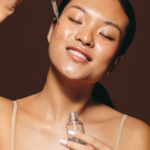 Face Serum
Face Serum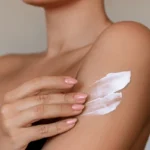 Face Scrub
Face Scrub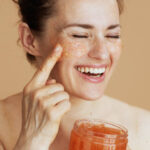 Cream & Gel
Cream & Gel